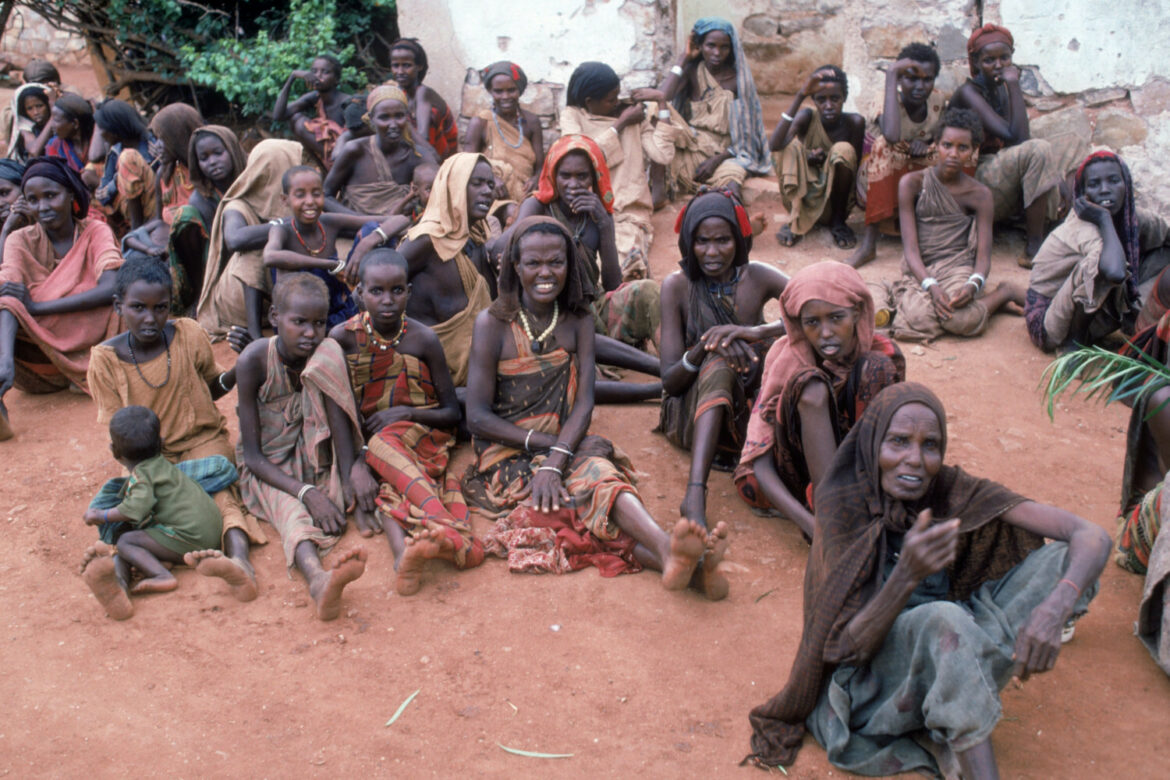In order to determine the sensitivity of individual countries to a potential food crisis, the Polish Economic Institute (PIE) created a sensitivity index (SI). It consists of 3 elements: the self-sufficiency of a given country in wheat production, the share of Ukraine and Russia in the import of wheat in a given country, and the share of cereals and root crops in the energy balance of a given country.
The most vulnerable countries to loss of food security as a result of the Russian invasion of Ukraine are Benin (SI = 97.6), North Korea (SI = 97.3), Sudan (SI = 92.5), Nicaragua (SI = 90.8) and Democratic Republic of the Congo (SI = 89.8).
Armenia, Egypt, Lebanon, Georgia and Rwanda are also threatened. Together, all these countries are inhabited by over 300 million people.
“Among the European Union countries classified at the highest risk are Greece, Malta and Cyprus, which, however, are in the second hundred of the world’s list and thus there is no serious risk of a food crisis in their case”, say PIE analysts in the report “The supply crisis in the food market as a result of the invasion of Ukraine”.
According to estimates by the Food and Agriculture Organization of the United Nations, the global number of malnourished people in 2022/23 could increase by 8-13 million in the event of a long-term reduction in food supply and price increases.
“Even the end of the hottest phase of military operations will not cause food prices to drop rapidly, but rather will stabilize them at a high level. The outbreak of the war made food markets unstable”, say PIE analysts. However, prices were already high before. Moreover, high prices of energy commodities will additionally increase food prices and make it difficult to increase the supply of cereals as expensive gas means a high price of fertilizers.
Adrian Andrzejewski commissioned by





